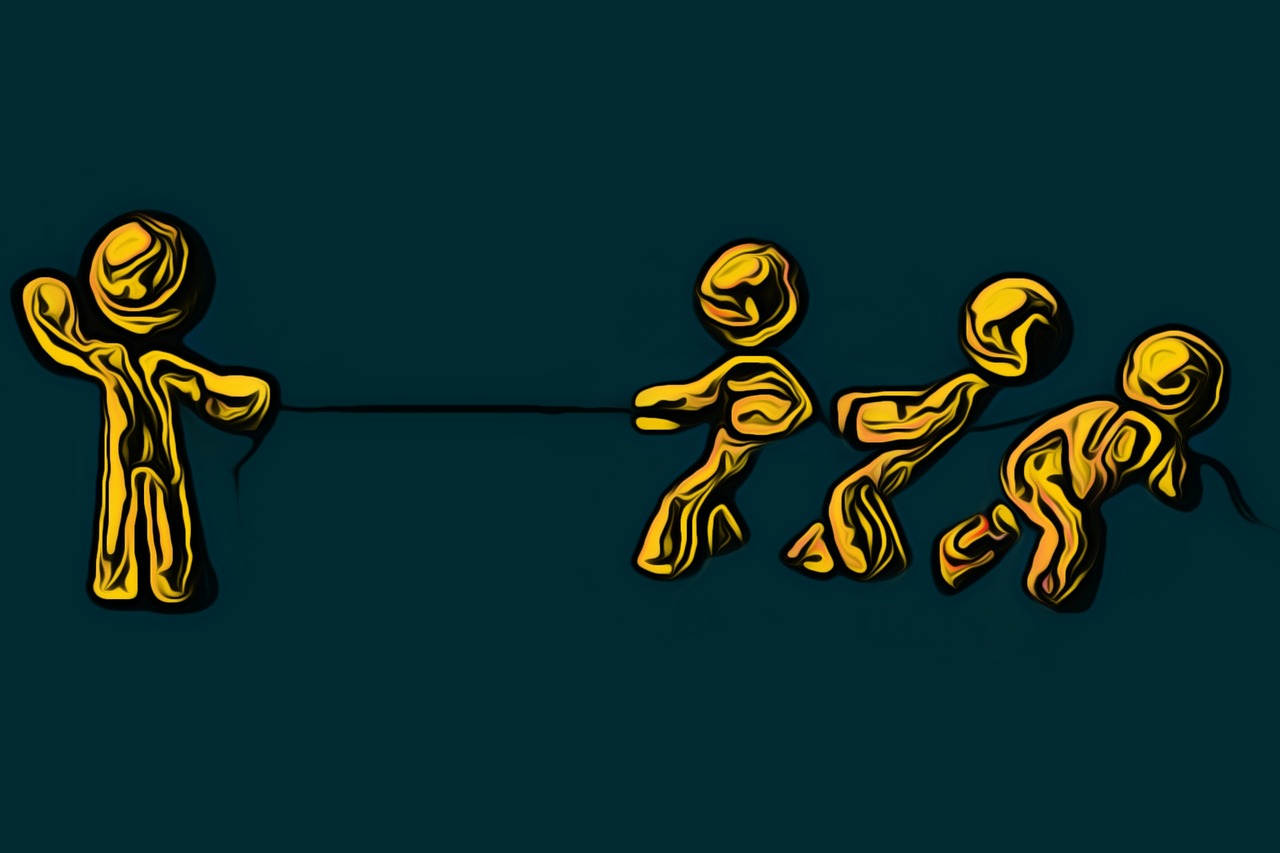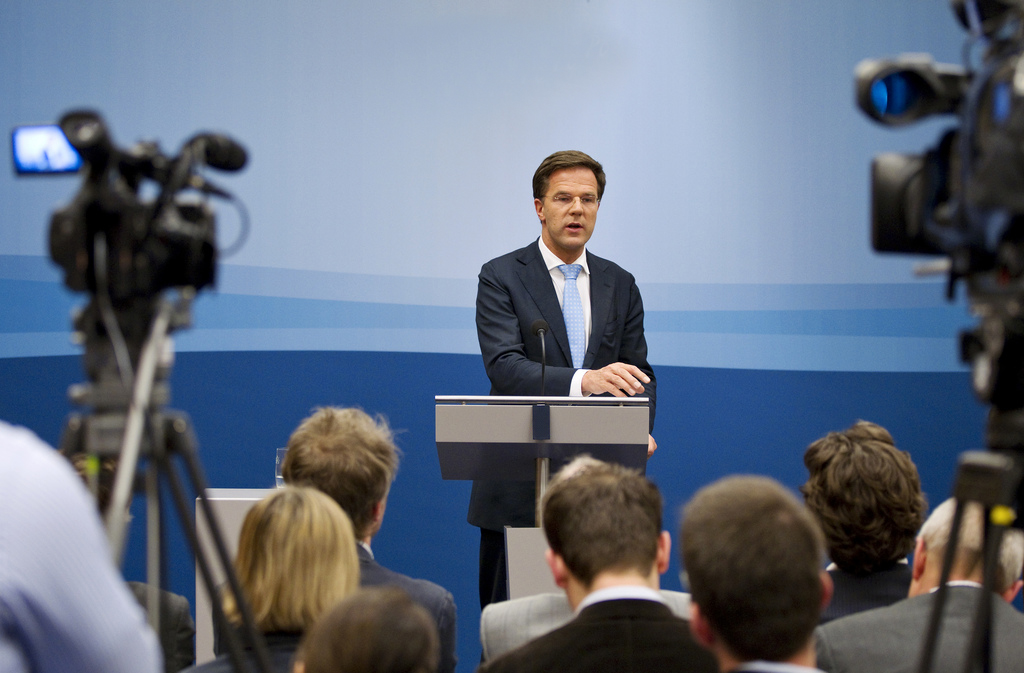Latest blog articles
-
Current US and EU secondary liability standards do not address all factors to trigger liability. This influences legislation and case law, setting an uncertain secondary liability outcome of IP infringement cases against Internet Intermediaries’. I suggest that tort law can tackle this problem.
-
It is, I think, fair to say that Brexit is not going well. Some even think that it is a ‘complete and unmitigated mess’. No doubt at least in part for this reason, there has been a flurry of commentary arguing that such momentous a decision should not have been taken by way of referendum (for a...
-
Unlike other sectors, improvements in Genetic technology raise issues of morality. The new human gene editing technology CRISPR/CAS9 has raised many such concerns. Can the current patent system deal with these concerns or should morality be dealt with by the inventors themselves?
-
The need to guarantee the free flow of information in a Big Data economy forces us to re-think Intellectual Property Rights and find an appropriate balance between competition, innovation, privacy and incentives.
-
With or without the UK, the EU will try to find a way to implement the UPC as it has invested considerable time and efforts knowing the benefits it will bring; however, the fate of the Agreement could be decided on judicial grounds instead of political ones.
-
As you may remember: in April 2016 the majority of the voters voted 'no' against the ratification act of this association agreement. According to the referendum a legislative proposal is needed as soon as possible in which the effects of the referendum will be arranged. (Dutch only)
-
Published on LBM. Rutte has managed it eventually. The European council has adopted a legally binding document for the 28 member states in its decisions, on December 15th, 2016. The document relates to the EU-Ukraine association agreement that would help alleviate some concerns of those who voted...
-
In the 4th December referendum, Italy rejected the constitutional reforms promoted by the Renzi’s government. As a consequence of the “No” vote, the Prime Minister decided to resign. While the vote was influenced primarily by internal factors, the result may open a period of uncertainty for both...
-
Published on LBM. Here is a fun word that you may have come across recently: Kakistocracy. Based on the Greek word kakistos (meaning “the worst”), kakistocracy is a system of governance run by the least qualified, most “deplorable” citizens that the State has to offer.
-
Published on LBM. The latest elections for the UK House of Commons occurred in spring 2015. If nothing extraordinary happens, next elections are scheduled for spring 2020.









